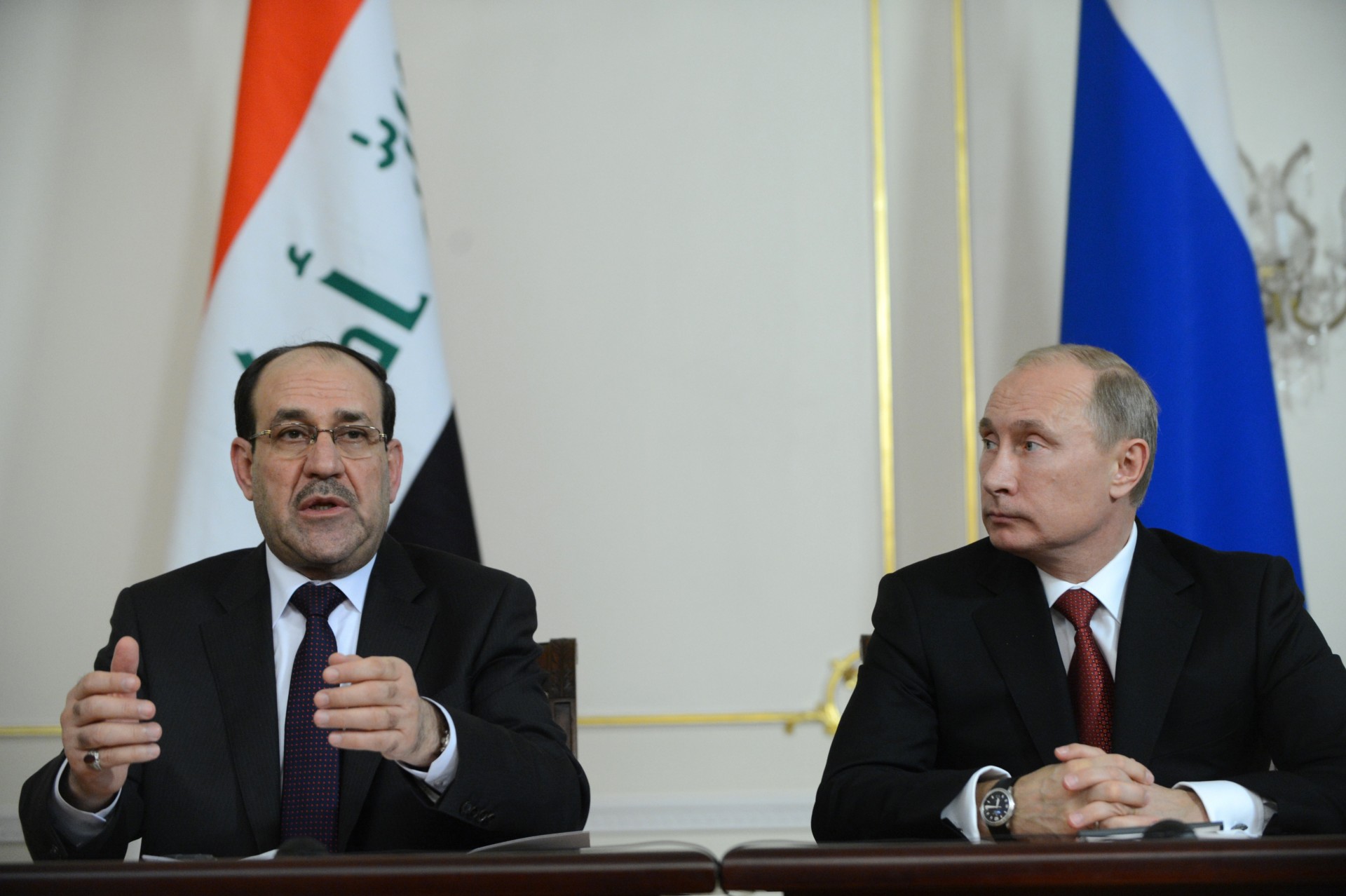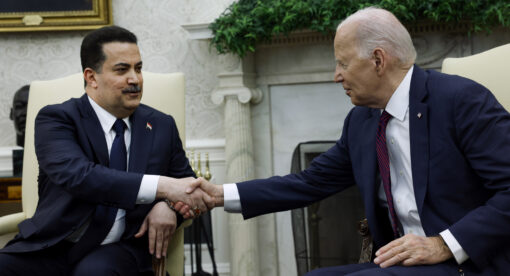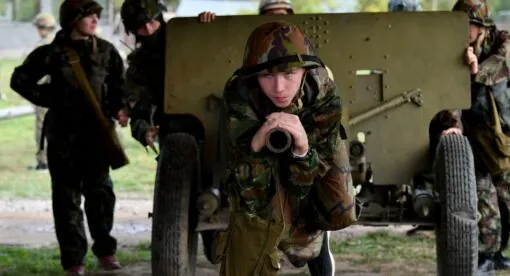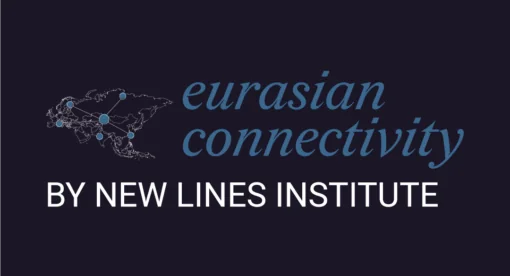An array of political and strategic factors will complicate Russia’s attempts to take advantage of increased tensions between the U.S. and Iraqi governments – despite the fact that the Kremlin enjoys a great deal of influence in neighboring Syria. Russia has sought to challenge the United States and expand its clout to Iraq over the past five years amid the anti-Islamic State campaign. However, its deceptively weak relationship with Iran – Washington’s main foreign opponent within Iraq – and its inability to displace U.S. political, economic, and military support will relegate Moscow to a secondary role. Moreover, the United States’ continued high-level engagement with, and focus on, political and security matters in Iraq will ensure that Russia has little opportunity to expand its influence there.
Russia’s Position in Iraq
Cooperation between Russia and Iraq is nothing new. Iraq and the former Soviet Union maintained ties at various levels, with significant political and military cooperation, in the early 1970s. Moscow and Baghdad have had contact throughout the campaign against the Islamic State (also known as ISIS) that overshadowed events in Iraq from 2014 to 2018, and the Kremlin has made repeated attempts to draw Iraq into its alliance with Tehran, Damascus and Hezbollah. This culminated with the formation of a “4+1” (Russia, Iran, Iraq, Syria, and Hezbollah) operations room in late 2015, whereby the participants would share intelligence and cooperate in their anti-ISIS efforts. (In the end, this proved to be more fanfare than anything; the alliance produced few clear examples of coordination and went largely unmentioned after 2015.)
Throughout the conflict with ISIS, Russia remained very much a bit player in Iraq. Russian aerospace specialists helped refurbish a dozen of Iraq’s Russian-manufactured Su-25 ground-attack aircraft in 2014. In May 2015, the Russians offered to sell the country further weapons during a visit by then-Prime Minister Haydar al-Abadi to Moscow in May 2015, although that proposal did not come to fruition. Another arms deal materialized in 2017, with Baghdad purchasing 73 Russian T-90 main battle tanks.
Moscow has enjoyed marginally more success with the autonomous administration in Iraqi Kurdistan, especially in the energy sector: It was reported in September 2017 that Russian state oil giant Rosneft had pledged $4 billion in oil and gas deals in the region. These deals have yet to pay off, however, with very little progress made amid expert predictions that the gas fields in question could take years to become profitable. This support for the Kurds’ energy sector, along with Moscow’s quiet backing of Arbil during the latter’s ill-fated September 2017 independence referendum, incensed Baghdad, further souring relations between the two.
Iran as a Spoiler
In a paradoxical twist, it is the crisis taking place between the United States and Iran in Iraq – magnified by the U.S. killing of Iranian Maj. Gen. Qassem Soleimani in January – that could sound the death knell for any hopes of Russia making inroads in the country. As other analysts have pointed out, Russia’s successes elsewhere in the region have come largely as a result of U.S. inaction and disengagement, not because of any brilliant maneuvering or bargaining by the Kremlin. In contrast, the amplified tensions with Iran focus Washington’s attention squarely on Iraq, where the Trump administration seems determined to carry out a robust and proactive set of policy measures, for better or for worse. U.S. lawmakers have pushed back on the Iraqi request to withdraw American forces and have threatened sanctions should Baghdad commit to purchasing Russian arms. In this climate, there’s very little room for Moscow to get a word, or a weapons system, in edgewise.
Some have made the argument that, owing to Russia and Iran’s long-standing partnership in Syria, any gains for Tehran against Washington in Iraq will likely benefit Moscow as well. But this view papers over the many and varied differences the two have faced in Syria, which have sometimes escalated all the way to armed clashes. Iran’s 2017-18 buildup in southern Syria, positioning missiles and militias (including Hezbollah) against Israel, left Russia in the uncomfortable position of trying to mediate between the two arch-enemies, with Moscow having no interest in Tehran’s attempts to establish the area as a forward base of the “resistance axis.” Russia has seemingly diminished Iran’s role in the “Astana troika” that includes the two states plus Turkey, with Moscow increasingly favoring bilateral deals with Ankara over the fate of Idlib in particular. Russia-Iran disputes in Syria hit their peak last February, when up to 200 fighters were reportedly killed in armed clashes between pro-Moscow and pro-Tehran elements in northwest Syria.
Ultimately, Moscow and Tehran have fundamentally different understandings of how Syria should be restructured: The former favors a strong central state, buttressed by a reconstituted Syrian army, while Iran would prefer to exercise de facto control of the country through loyal militias and paramilitaries. The same dynamic, and the same preferences, largely hold true in Iraq – a factor that has decidedly impeded Moscow’s efforts there.
Russia’s attempts to make inroads in Iraq have thus looked very different from those of its erstwhile partner, Iran, and not in a positive sense for Moscow. Iran’s greatest influence in the country is the result of its control over various Shiite militias, including most of the prominent players in the Hashd al-Shaabi militia coalition, over the last two decades. Soleimani himself had proven the master of this new form of Middle East power projection, engineering a robust constellation of non-state actors which Tehran could call upon to shift events in its favor in Iraq and elsewhere. In addition, Iran has deep penetration into the Iraqi military and other state security organs.
In contrast, Russia’s few forays into this realm have been unimpressive at best and in no small part due to the fact that the United States helped shape the post-Baathist Iraqi security establishment. In Syria, however, Moscow was able to invest extensive time and resources into training and equipping two segments of the Assad regime’s armed forces, the Fifth Corps and the closely-aligned Tiger Forces. After more than two years of training, however, these units failed miserably when committed to the battlefield in northwest Syria early last year, suffering massive casualties for minimal territorial gain in months of fighting against rebels. Tehran, feeling slighted at that moment, kept its proxies pointedly out of the fight, further underscoring its decisive position between the Syrian regime and the rebels.
Examined in full, the picture that emerges for Russia in the wake of Soleimani’s death is not as auspicious as many have asserted. Renewed U.S. focus on Iraq is particularly limiting the amount of room Russia has for maneuvering. Moscow has its interests in Iraq – many of them part of a broader Middle East strategy aimed at supplanting, or at least counterbalancing, Washington as the primary international force in the region – but on balance, its ability to exert itself politically, economically, and strategically in the country remains limited. Moscow has certainly made gains in the Middle East in recent years. But considering Washington’s focus and influence, Iraq will remain beyond Moscow’s reach.
Neil Hauer is a Canadian journalist and analyst based in Yerevan, Armenia. Hauer writes on Russia, Syria, and the Caucasus (both North and South). Follow him at @NeilPHauer.
The views expressed in this article are those of the author and not an official policy or position of the Newlines Institute.







